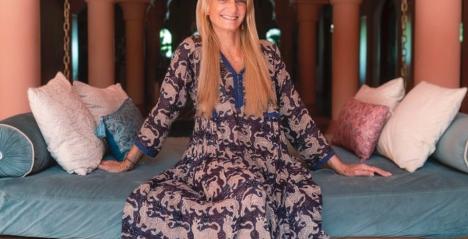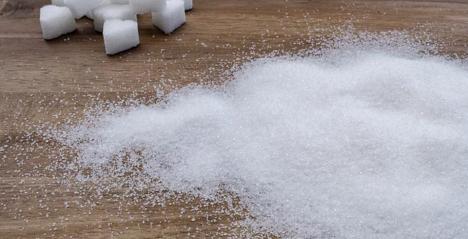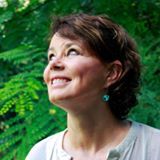As Singapore enters peak dengue season, the number of dengue cases are rising with infections exceeding 200. The warmer conditions from El Nino brought faster breeding and maturation cycles for mosquitoes.
In 2015 there were four deaths resulting from dengue, so far in 2016 there have already been 6 deaths with a 72 year old woman becoming the latest victim to succumb to the virus.
Singapore’s National Environment Agency and Ministry of Health expect the already high number of dengue cases to increase in the following months.
According to the National Environment Agency the number of Aedes mosquitoes - the species that typically carries the virus - has increased by 50 percent since April.
The number of Dengue cases in 2016 is already on track to eclipse l2015 reports. The total number of dengue cases in 2015 amounted to just over 11,000. As of July 2016, 9,641 cases have already been reported so far. The National Environment agency says that there could be more than 30,000 cases of the virus this year- higher than the 2013 record of 22,170 reported cases.
This year has been a strange one for Singapore as it started with an unusually high number of dengue cases, exceeding 600 a week in January even though it was the traditional low season. The cases have dropped to a low of 158 in June but have now started to increase once more.
A scientific group of dengue experts called The Asian Dengue Vaccination Advocacy have said that they expect the unusually high infection rate to continue, partly due to climate change. They say “the spike in cases cannot be seen in isolation as factors such as large-scale urbanization make it easy for the Aedes mosquito to breed.”
As of July 20,2016 there are now 44 active dengue clusters in Singapore with eight of them classified as high-risk. This is down from the 49 clusters last week.
The biggest cluster with 70 reported cases is the Dunbar Walk-Telok Kurau Cluster, of the 70 cases reported, 12 of them have happened in the past two weeks.
As you may have remembered from our previous article, the elderly are especially vulnerable to the dengue virus. Of the six dengue casualties we’ve had this year, three were in their 70’s and two in their 60’s. The youngest death was a 47 year old male.
After the latest dengue death on June 25, the National Environment agency found and destroyed a mosquito breeding site in a bamboo pole holder. It seems as though Singapore officials are doing whatever they can to minimize infection rates this year. Authorities have stated that they will continue with efforts to suppress the increasing Aedes mosquito population by closely monitoring and acting on dengue clusters and potential mosquito breeding habitats.
Medical Insurance For Expats In Singapore GET A QUOTE
A version of this article appeared in the Strait Times on July 20, 2016, with the headline ‘Upward Trend in Number of Dengue Cases in Singapore’.
Brought To You By Expat Insurance










